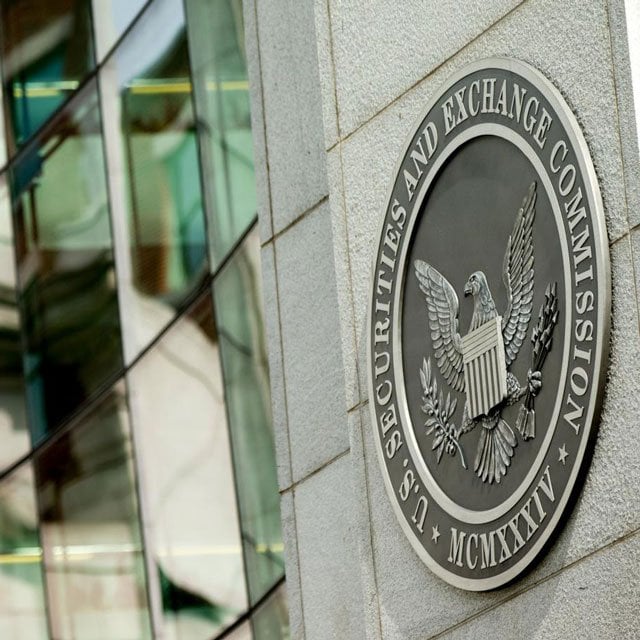

The Securities and Exchange Commission Wednesday adopted amendments to Form PF, the confidential reporting form for certain SEC-registered investment advisors to private funds.
“Private funds today are ever more interconnected with our broader capital markets,” SEC Chairman Gary Gensler said Wednesday. “They also nearly have tripled in size in the last decade. This makes visibility into these funds ever more important.”
Private funds managed by RIAs “hold approximately $21 trillion of gross assets, including $20 trillion reported on Form PF — nearly the size of the $23 trillion U.S. commercial banking sector,” Gensler said.
The final rule requires, for the first time, that large hedge fund and private equity fund advisors make current reports on certain events to the commission.
At present, advisors to private funds “are required to file only periodic reports with the Commission,” Gensler said. “Under the final rule, these new, more-timely reports — within 72 hours from large hedge fund advisers and quarterly from private equity fund advisers — will inform financial regulators on certain events that may indicate significant stress or otherwise signal for systemic risk and investor harm.”
For large hedge fund advisors, “current event reporting will include, among others, extraordinary investment losses, significant margin events, and counterparty defaults,” Gensler said.
Reporting events for large hedge fund advisors include “certain extraordinary investment losses, significant margin and default events, terminations or material restrictions of prime broker relationships, operations events, and events associated with withdrawals and redemptions,” according to the SEC.
While the additional time between a triggering event and the deadline for a Form PF filing is generally welcome, the move from one business day to ‘as soon as practicable, but ‘no later than 72 hours’ following the triggering event’ brings its own operational challenges and could in some cases be a shorter deadline than was first proposed.
Jennifer Wood, Global Head of Asset Management Regulation & Sound Practices at the Alternative Investment Management Association, raised concerns about the SEC’s final rule.
“Some triggering events will be difficult to pinpoint to a specific time from which the 72 hours will begin tolling and the lack of a deadline on a business day increases the likelihood of filing deadlines occurring out of regular business hours or over weekends,” Wood said. “This will create considerable compliance uncertainty for AIMA members, especially registered advisers outside of the U.S.”
The Latest
Listen to free podcasts to get the info you need to solve business challenges!




Wood added that it’s “disappointing that the SEC has chosen to adopt an unnecessarily short compliance period for these data-driven reporting requirements that rely on information not currently being collected in the form needed in order to facilitate compliance.”
AIMA, Wood said, “will continue to advocate to the SEC that it should align the compliance period with the period allowed in the further Form PF data requirements it proposed concurrently with the Commodity Futures Trading Commission.”
Reporting events for private equity fund advisors include the removal of a general partner, certain fund termination events, and the occurrence of an adviser-led secondary transaction.
Private equity fund advisers must file these reports on a quarterly basis within 60 days of the fiscal quarter end.
The amendments will also require large private equity fund advisors to report information on general partner and limited partner clawbacks on an annual basis as well as additional information on their strategies and borrowings as a part of their annual filing, the SEC said.
The amendments to Form PF, Gensler said, “will enhance visibility into private funds and help protect investors and promote financial stability.”
The amendments are designed to enhance the ability of the Financial Stability Oversight Council to assess systemic risk and to bolster the commission’s oversight of private fund advisors and its investor protection efforts.
Gensler noted that during the 12 years since the commission first adopted Form PF, “private funds have evolved significantly in their business practices, complexity, and investment strategies.”
Including exempt reporting advisors, the entire private fund space is as large as $25 trillion, Gensler said.
The amendments for current reporting will become effective six months after publication of the adopting release in the Federal Register, and the remaining amendments will become effective one year after publication in the Federal Register.